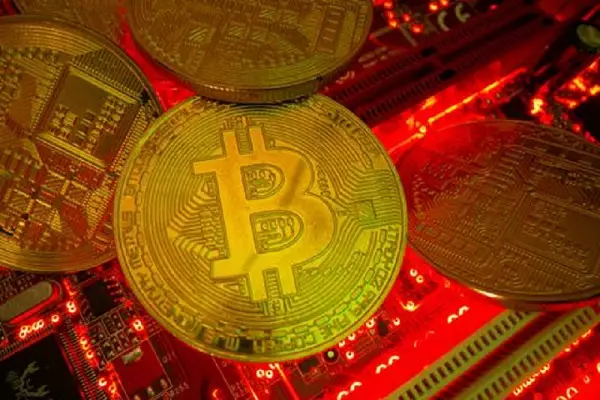The rapid expansion of the cryptocurrency landscape presents a paradox for industry leaders and participants alike. Recently, Brian Armstrong, CEO of Coinbase, voiced concerns regarding the overwhelming influx of new tokens, with estimates suggesting that one million new tokens emerge each week. This staggering statistic illustrates a crammed marketplace filled with a whirlwind of digital assets, making the task of assessing their unique values increasingly cumbersome. Armstrong admits that the traditional approach of individually evaluating each token can no longer be sustained, indicating a potential shift in strategy towards a more streamlined vetting process. Instead of relying solely on an “allow list” for trading, he proposed the innovation of utilizing a “block list” system, where user reviews and automated analyses of blockchain data assist traders in identifying credible assets.
This notion also hints at another pivotal development within the ecosystem: deeper integration with decentralized exchanges (DEXs). By bridging the gap between centralized and decentralized platforms, Armstrong aims to enhance user experience and provide seamless transactions, which might empower users to make more informed choices in this rapidly evolving marketplace.
Peter Schiff: The Gold Standard Advocate’s Counterarguments
In a world already brimming with uncertainty surrounding cryptocurrency valuations, Peter Schiff, a long-time critic of Bitcoin, stepped in to challenge Armstrong’s assertions. Schiff seized this opportunity to magnify his apprehensions regarding the logical foundations upon which cryptocurrencies like Bitcoin are built. His critique centers on the idea of “limited supply,” a fundamental principle that many Bitcoin supporters uphold as a critical source of value. Schiff provocatively contended that the sheer number of tokens flooding the market challenges Bitcoin’s scarcity, amplifying inflation risks across digital currencies.
Digging deeper, Schiff directed his critique at Bitcoin’s proof-of-work mechanism, which facilitates coin creation and transaction verification. He portrayed this energy-intensive process as a misguided endeavor, equating it to spending significant amounts of resources on a futile project. In his view, this creates an environment where energy is dissipated with minimal real-world value generated in return. Rather than celebrating the resource consumption associated with mining, Schiff argues it should be seen as a fundamental flaw, as it does not contribute to energy storage or useful transformation.
The Broader Implications of the Debate
The interplay between Armstrong and Schiff illuminates a broader debate occurring within the cryptocurrency sector. With armchair critics like Schiff questioning the backbone of cryptocurrencies and proponents like Armstrong exploring new operational frameworks, what emerges is a scenario fraught with both innovation and skepticism. It’s this tension between rapid growth and foundational integrity that defines the current phase of cryptocurrency evolution.
As the cryptocurrency landscape continues to develop at breakneck speed, stakeholders must grapple with these contrasting ideologies. Are customer reviews and automated systems the answer to an increasingly complex market? Or do concepts like proof-of-work require reevaluation in light of their sustainability and genuine utility? Such discussions will undoubtedly shape not only individual investments but the overarching future of the digital asset market. In navigating these turbulent waters, both advocates and critics will play integral roles in determining the overall trajectory of cryptocurrencies in the years to come.

